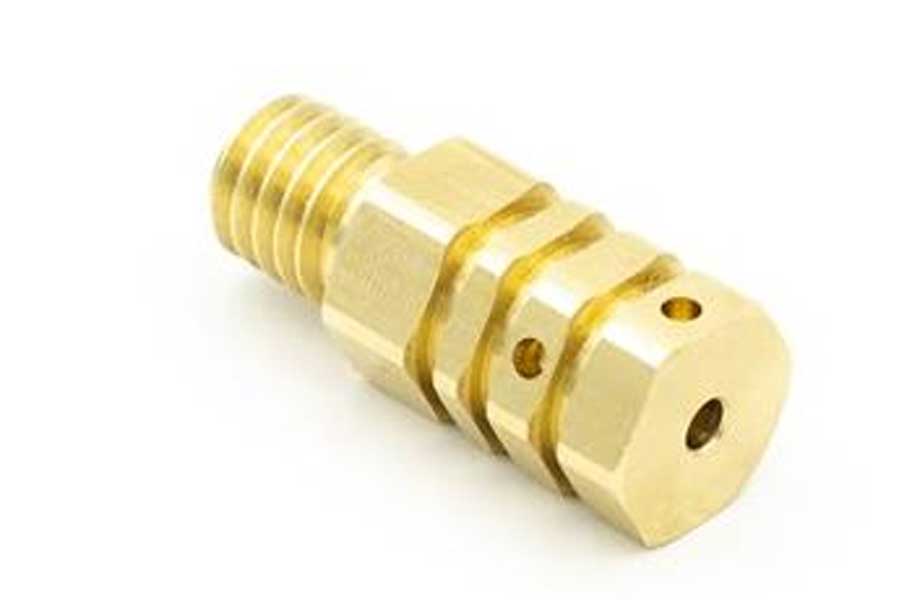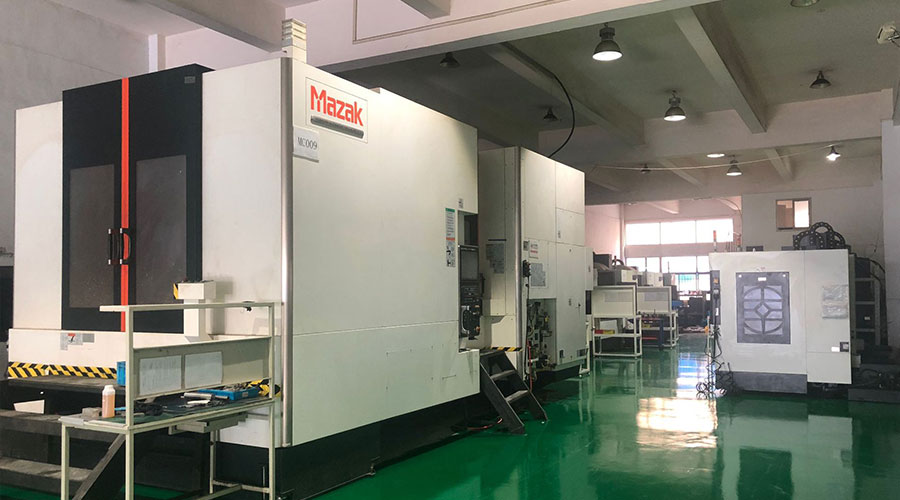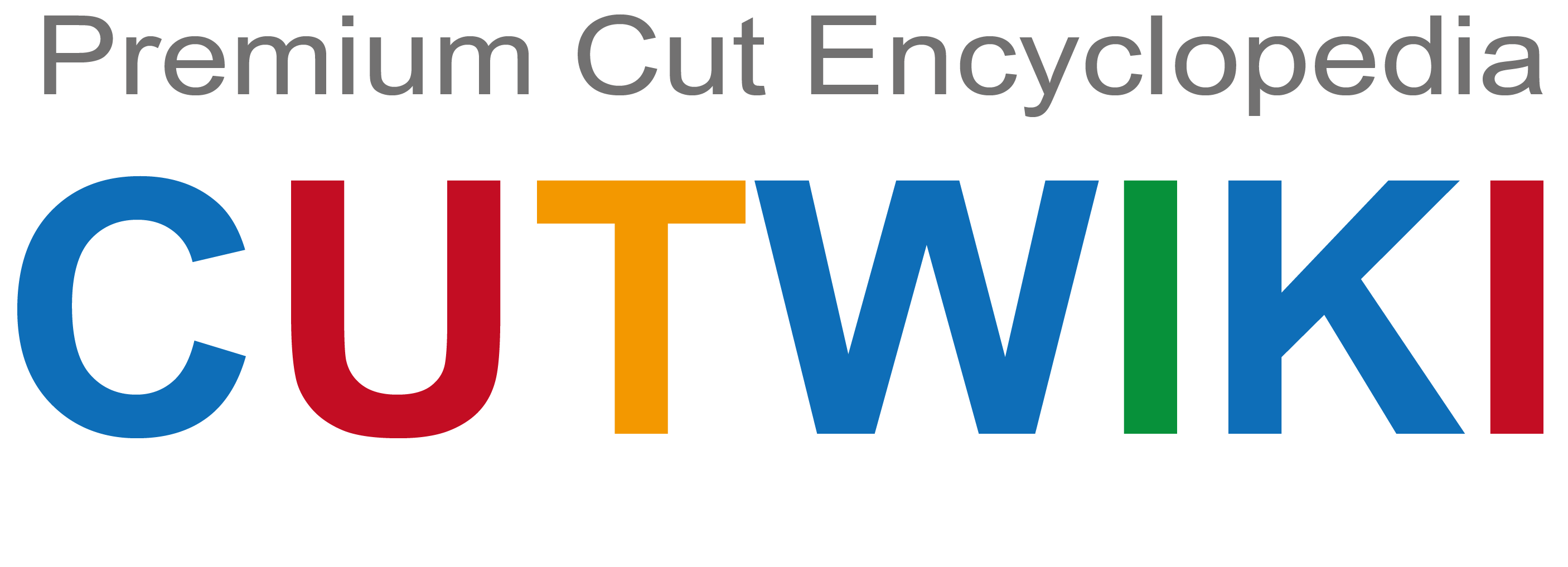Doug Coster (Doug Coster) will use brass to manufacture all parts, because this material has excellent machinability. The Koster plant has significantly reduced cycle time. Nolte Precision Manufacturing Co., in Cincinnati, Ohio, cooperated with manufacturing technology companies to achieve TechSolve’s work involving brass fittings. The resulting process not only saves Nolte US$22,000 per year, but also adds approximately 220 hours of annual production capacity to a Swiss lathe.
Throughout its 100-year history, Nolte has been known as a contract manufacturer specializing in complex precision machined parts. Its customers are mainly multi-regional original equipment manufacturers (OEMs). The workshop provides services to customers in the hydraulic, aerospace, defense and firearms industries.
Nolte is a low-to-medium production workshop, but Coster said he prefers to focus on processing time rather than workload. This is because the parts produced in the workshop may involve an hour’s running time for a workpiece, and a 20-hour job will take up a lot of production time. A typical work batch may involve 10 to 40,000 pieces per year. Although the quality of the parts is mandatory, on-time delivery and competitive prices are also very important.

Notle uses brass, aluminum and carbon steel rods and stainless steel to make parts. Many customers specify the required materials for the parts, but the store will make recommendations when applicable and suggest different materials based on cost-effectiveness or machinability.
Due to Nolte’s small production capacity, Coster said the workshop is focused on reliably producing high-quality workpieces every day. Because price always affects costs, Coster said the store values flexibility and creativity to find ways to reduce internal unit costs.
Benefits and challenges of brass
Since the workshop worked with Cincinnati-based manufacturing technology expert and business consultant TechSolve Inc. to optimize the production of brass fitting parts, Nolte has been producing this product since 2014. Nolte has been producing this part since 2014. Moving glass components, such as TV screens, during assembly. Although the customer specified brass because of its high machinability, part features (such as milled hexagons, threads, full-length holes and drilled cross holes) make it a challenging application.
Although Nolte can use other materials to make parts, these materials may present more troublesome processing challenges. For example, workshops will have to use lower speeds and feeds for steel alloys, which can lead to higher machine and tool wear. The use of aluminum can make the processing faster, but the accumulation of edges on the tool, weaker material strength and fine chips can cause problems. In addition, the scrap value of steel and aluminum alloys will be lower than that of brass. With brass being established as an ideal working material, Nolte’s challenge is whether it can increase productivity if the parts are already running fast.
System Optimization
For the cooperation, the operators of TechSolve and Nolte objectively studied the parts and took a systematic approach to further optimize the process. The parts have a long running time, and Nolte processes them in unsupervised light-off operations. The workload is high enough that even if the process is improved by 1 second, a lot of cost can be saved.
To save this time, TechSolve recommended that Nolte make many changes: optimize the part setup process, switch from single-point to forming tools, and further improve the hexagonal flat milling operation. In addition, TechSolve recommends higher speeds, feeds and cutting depths for certain operations to take full advantage of the high-speed machining potential of brass. Through these process improvements, Nolte shortened the cycle time by 10 seconds (an increase of 26%) and increased the output per 24 hours from 1,763 parts to 2,215 parts.
Coster admitted that he initially suspected that optimization work would have a great impact on machine capacity, and any attempt would be limited by machine capabilities. He acknowledged the key role of TechSolve’s tool recommendations in reducing cycle time, but said they would not produce the same results in other materials. Finally, he said: “Brass allows our operators to take more aggressive and innovative methods to increase productivity without compromising quality. We would feel uncomfortable trying the same thing with other materials.”
He went on to say that as long as the workshop can add additional processing time, just like brass fittings, it will help increase the profitability of the entire plant.
Link to this article: Brass processing can optimize and save working time and money
Reprint Statement: If there are no special instructions, all articles on this site are original. Please indicate the source for reprinting:https://www.cncmachiningptj.com/,thanks!
 Sheet metal, beryllium, carbon steel, magnesium, 3D printing, precision CNC machining services for heavy equipment, construction, agriculture and hydraulic industries. Suitable for plastics and rare alloys machining. It can turn parts up to 15.7 inches in diameter. Processes include swiss machining,broaching, turning, milling, boring and threading. It also provides metal polishing, painting, surface grinding and shaft straightening services. The production range is up to 50,000 pieces. Suitable for screw, coupling, bearing, pump, gearbox housing, drum dryer and rotary feed valve applications.PTJ will strategize with you to provide the most cost-effective services to help you reach your target,Welcome to Contact us ( [email protected] ) directly for your new project.
Sheet metal, beryllium, carbon steel, magnesium, 3D printing, precision CNC machining services for heavy equipment, construction, agriculture and hydraulic industries. Suitable for plastics and rare alloys machining. It can turn parts up to 15.7 inches in diameter. Processes include swiss machining,broaching, turning, milling, boring and threading. It also provides metal polishing, painting, surface grinding and shaft straightening services. The production range is up to 50,000 pieces. Suitable for screw, coupling, bearing, pump, gearbox housing, drum dryer and rotary feed valve applications.PTJ will strategize with you to provide the most cost-effective services to help you reach your target,Welcome to Contact us ( [email protected] ) directly for your new project.
Link to this article:Brass processing can optimize and save working time and money
Reprint Statement: If there are no special instructions, all articles on this site are original. Please indicate the source for reprinting.:Cut Wiki,Thanks!^^
